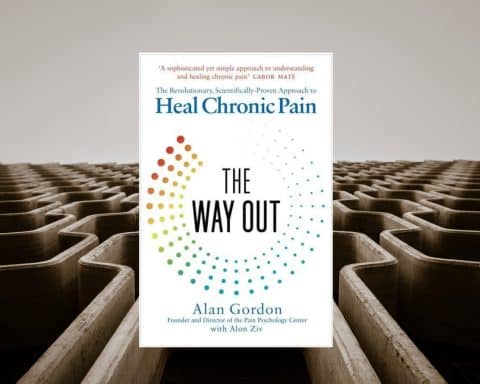 Samar Razaq is a GP partner in Burnham.
Samar Razaq is a GP partner in Burnham.
Michel de Montaigne,the 16th century French philosopher, once wrote in his Essais, “He who fears he shall suffer, already suffers what he fears”. The rapid spread of COVID-19 has brought with it not only physical trauma, but an unprecedented wave of psychological debility. It has ground the engine of the world to a halt in a matter of weeks.
Whilst there are signs of the initial impact of the pandemic waning, the biggest challenge now facing the government is to get that engine moving again. However, there are scars left behind that will not be so easily healed. For the last few months the government had the unenviable task of slowing the rate of transmission of the virus. This required making the public aware of the risk of the virus, and rightly so. If left to spread unchecked the health system may well have been overwhelmed. The controlled rhetoric used by the government, however, was distorted by the unbridled social media outlets. Uncurbed messages spread fear at a transmission rate far superior to that of the virus.
A day does not go by where I do not speak to patients suffering from anxiety in one form or the other.
As a result, a day does not go by where I do not speak to patients suffering from anxiety in one form or the other. The untold harm being done to their mental health does not make the daily evening government briefings. The whole nation is now obsessed with the daily death rate, despite being unable to place the numbers in any context. Whilst all the attention has been transferred to COVID-19, other health phenomena are taking place in the background that receive little to no media attention.
Data published by the Office for National Statistics shows the number of deaths occurring in England and Wales on a weekly basis. Up to the 1st of May approximately 50,000 extra deaths had been recorded above the 5-year average. However, of these, around 33,000 have been recorded as due to COVID-19. What is responsible for the extra 17,000 deaths? The answer may not be clear until the end of the year but this shows the true impact of the virus and the associated lockdown.
One of these was a sad case I encountered a few weeks ago on a night shift. An elderly man called for an ambulance because of central chest pain. By the time the paramedic crew arrived the pain had subsided and initial investigations were normal. The patient did not want to attend accident and emergency despite medical advice due to fear of catching the virus and hence was left at home. A few hours later he collapsed again. On arrival of the paramedic crew, sadly, he was already deceased, presumably from a heart attack. This is just one example of the collateral damage that the rampant fear has caused.
Meaningless numbers continue to incapacitate people and no reassurance is available elaborating the low individual risk to them.
Meaningless numbers continue to incapacitate people and no reassurance is available elaborating the low individual risk to them. It is important to continue to stress the necessity to not spread the virus but more has to be done to mitigate the fear that has crippled the nation. Whilst we continue to worry about catching the dreaded virus, it may well be the case that more important things will pass us by which have a greater bearing on our lives. Perhaps it would be best to end with the words of Montaigne again, “There were many terrible things in my life and most of them never happened.”






